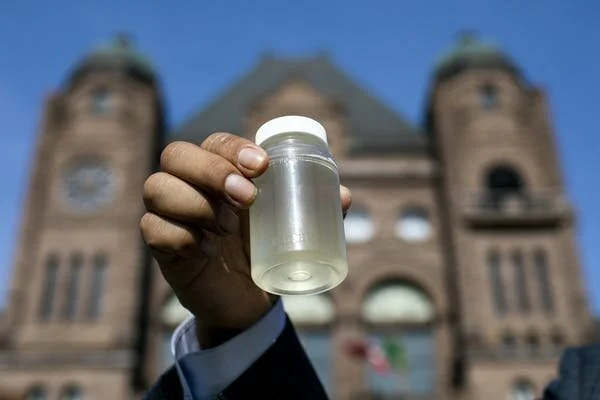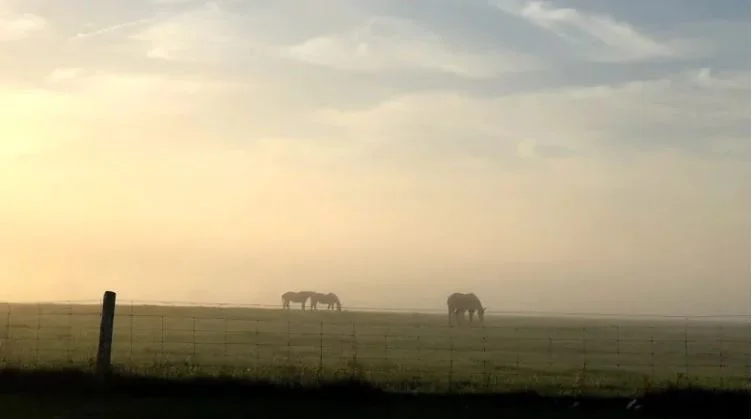The Ontario government is supporting projects that help communities protect and improve the health of the Great Lakes by investing an additional $1.9 million in the Great Lakes Local Action Fund. “We all have a role to play in protecting and restoring the Great Lakes, and through the Great Lakes Local Action Fund, communities and local organizations can apply for funding to take environmental action right in their own backyards,” said David Piccini, Minister of the Environment, Conservation and Parks. “Following the success of our first round of funding, our government is proud to support more local projects to protect, conserve, and restore the Great Lakes and their watersheds for future generations.”
Waabnoong Bemjiwang Association of First Nations and Water First announce new training internship for Water Treatment Plant Operators
The Waabnoong Bemjiwang Association of First Nations (WBAFN), a tribal council with six member First Nations in Northern Ontario, and Canadian charity Water First Education & Training Inc. announce their partnership to deliver a drinking water treatment and environmental water science internship program for young Indigenous adults. Approximately 12 interns will be recruited from six participating First Nations communities across the tribal council’s region to pursue Operator in Training (OIT) and Water Quality Analyst (WQA) certifications.
Water crisis in First Nations communities runs deeper than long-term drinking water advisories
In October, more than 250 members of the Neskantaga First Nation were evacuated to Thunder Bay after an oily sheen was found on their reservoir. The discovery left the community, located in northern Ontario, without access to running water. The evacuation drew attention to the federal government’s 2015 commitment to end all on reserve long-term drinking water advisories (in place for more than one year) by March 31, 2021. Neskantaga has been living under a boil-water advisory for 26 years.
Region of Waterloo won't support Bill 66, votes to send message to province
Regional councillors do not support planning changes proposed under Bill 66 and will be sending that message to the province about it. During the planning and works committee meeting on Tuesday morning, councillors voted on a staff recommendation to tell the province the region does not support proposed amendments to the Planning Act as set out in Bill 66, the Restoring Ontario's Competitiveness Act, because "it fails to adequately protect human health and safety and in particular the safety of the Region of Waterloo's drinking water resources."
Source Water Protection Plan Endorsed
Document intended to protect Whistler's biggest water supply. The Resort Municipality of Whistler (RMOW) is taking steps to protect the community's biggest water source. At its July 10 meeting, council endorsed the 21 Mile Creek Watershed Source Water Protection Plan (SWPP)—a document intended to mitigate risks and minimize exposure to unacceptable concentrations of contaminants in the water supply.
Reactor's neighbours alarmed over radioactive toxins in river
"The discharge limits of tritium are 10,000 times below the actual dose limits that the Canadian Nuclear Safety Commission requires us to meet," said Meggan Vickerd, the reactor's decommissioning manager.
But just what makes an "acceptable" limit is a matter of debate.
Ole Hendrickson, a scientist and researcher for the group Concerned Citizens of Renfrew County and Area, questions the safety of the discharge limits for the facility.








